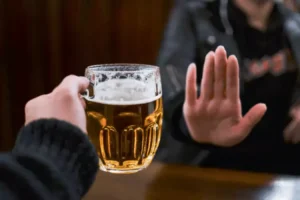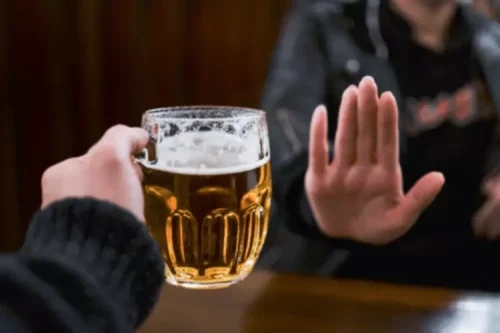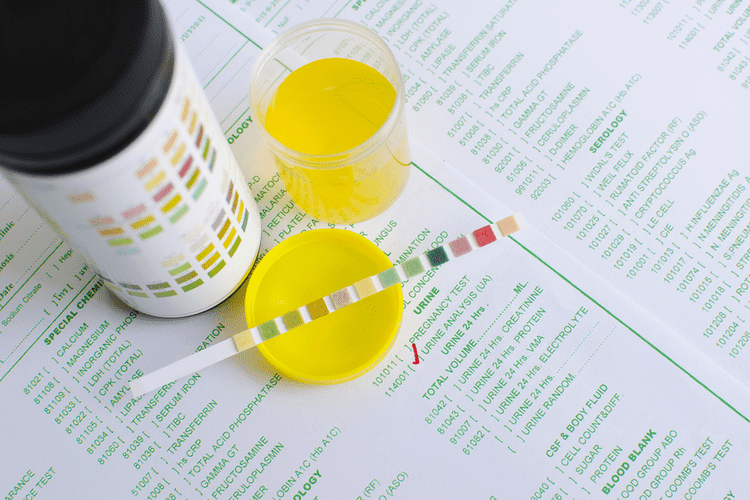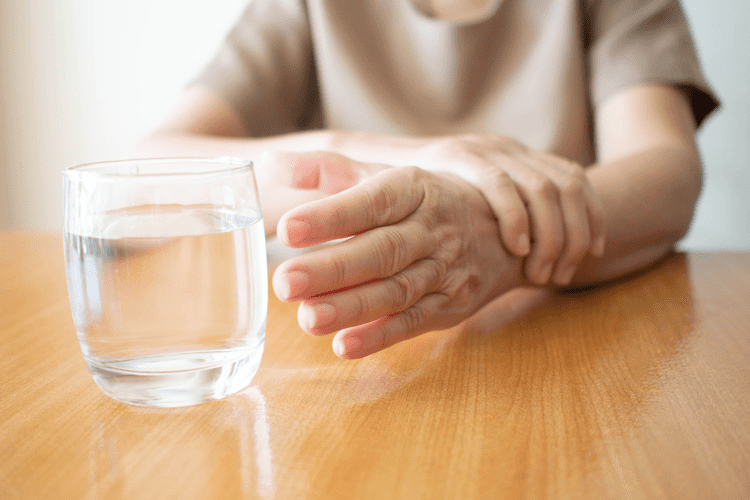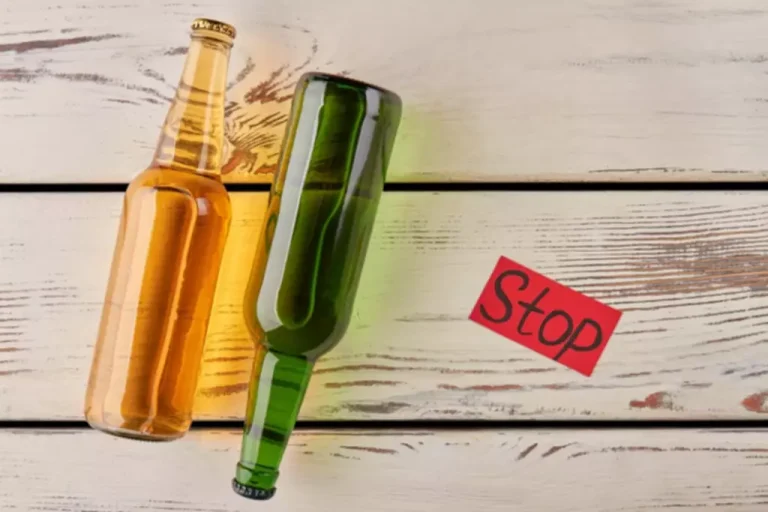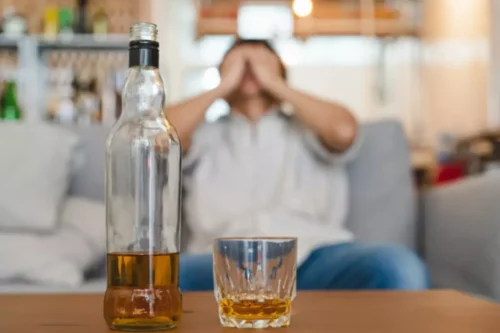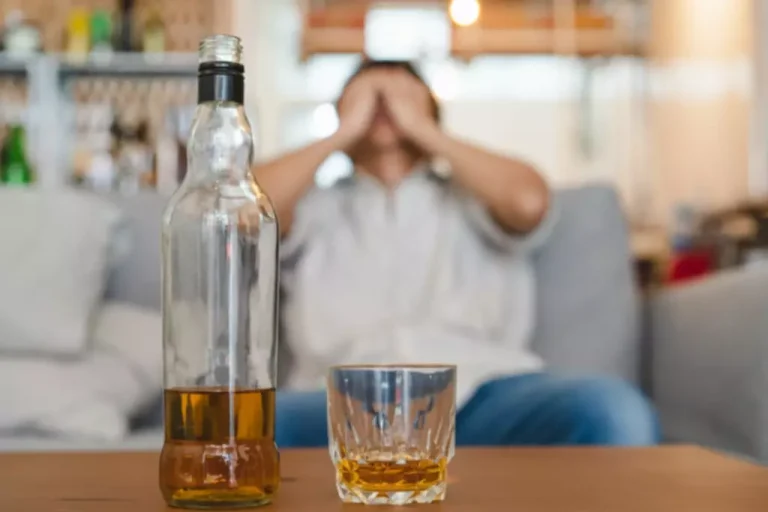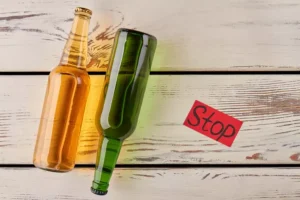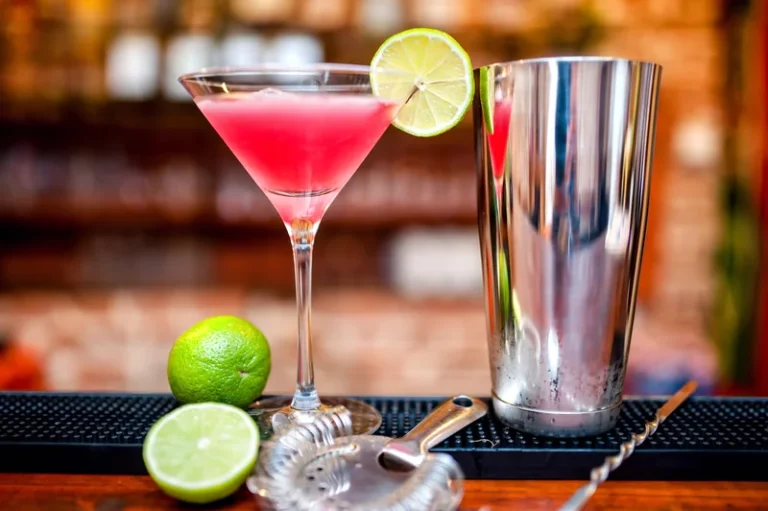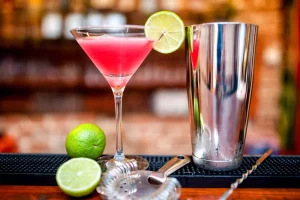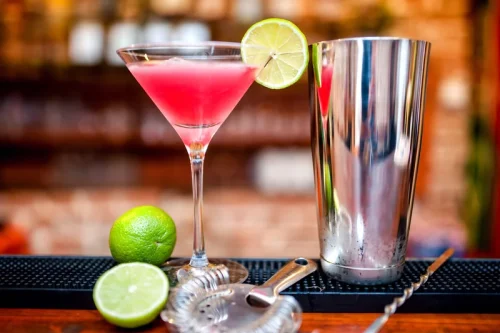
Vitamin B1 deficiency can cause weight loss, irritability, fatigue, and in extreme cases lead to Wernicke-Korsakoff syndrome, also known as wet brain. DL-phenylalanine is an essential amino acid which plays an important role in the functioning of your nervous system. If your body is deficient in this amino acid, it’s common to experience fatigue, confusion, memory problems, a decrease in alertness, and to have a reduced appetite. D-phenylalanine also slows the breakdown of endorphins, which act as the body’s natural painkiller, prolonging their release into the body. Heavy drinkers are prone to nutrient deficiencies that can cause fatigue and weakness, skin and hair issues, metabolism problems, bone fractures, bruising, bleeding, and depression. Fortunately, taking vitamins regularly and achieving good nutrition can help alleviate some of these adverse effects.

A Person’s Nutrition Affects Liver Function
- This counts as really tiny given that “normal” HA has a molecular weight of 0.5-2 million Da.
- L-glutamine is another great supplement for anyone trying to reduce their alcohol consumption.
- However, it is hard to know how much pure vitamin C or THDA can be thanked.
Other recommended B vitamins include B6 and B12, which boost immunity and keep the blood vessels healthy. Alcohol abuse and nutrient deficiencies can lead to reduced bone density and an increased risk of osteoporosis and fractures6. Cognitive-behavioral therapy (CBT) is a well-known example of this type of intervention, which can be highly effective in addressing issues like relapse prevention and treating co-occurring disorders such as depression. Group therapy and participation in programs like Alcoholics Anonymous can also provide a valuable support system for individuals in recovery. If you’re currently dealing with AUD, it’s recommended that you talk with a healthcare professional about getting help. They can provide the necessary support and guidance throughout your recovery.
What Are the Most Important Vitamins to Take for Alcohol Use Disorder?
These vitamins play a critical role in red blood cell production and overall hematological health. Foods rich in folic acid include leafy greens, beans, and fortified grains. During the withdrawal process, alcohol cravings and irregular appetite may occur. To help manage these withdrawal symptoms, incorporate healthy food choices and regular eating patterns into your daily routine.
- As you embrace sobriety, prioritizing nutrition becomes essential for your overall well-being.
- Foods rich in omega-3 fatty acids include fatty fish like salmon, walnuts, and flax seeds.
- I have a medicine cabinet filled with the aforementioned supplements, and it feels good to know that I have them just in case I need them.
- People can also find support and information from Alcoholics Anonymous and SMART Recovery.
- Alcohol misuse can deplete essential vitamins, such as thiamine (vitamin B1), folate (vitamin B9), and pyridoxine (vitamin B6).
Vitamin supplements and alcohol withdrawal syndrome: What to know
Supplements can be restorative, and also serve as a preventative measure to reduce the risk of severe issues, such as seizures and delirium, developing during detox. Before starting any new supplement, you should first discuss doing so with your doctor. This is because some supplements need to be Sober living home closely monitored, including minerals like magnesium, which can build up in your body if you take too much.
A mental health crisis: UCHealth pumps more than $150 million into behavioral health care
These effects are referred to as secondary malnutrition and can contribute to the progression of liver damage. Omega 3-fatty acids can help support healthy brain function in people who are recovering from a period of binge-drinking or chronic alcohol abuse. Taurine is an amino acid known to lower levels of acetaldehyde—a toxic metabolite produced when your body breaks down alcohol. Chronic, heavy drinking can reduce taurine levels in the body, and adding it back in appears to help with withdrawal symptoms and detox. In one study, patients who took taurine supplements experienced fewer severe withdrawal symptoms, such as delirium and hallucinations. The ultimate precursor of cysteine is the amino acid methionine (figure 4).
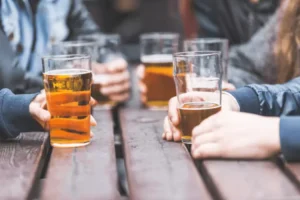
People who live with alcohol use disorder may multivitamin for alcoholics develop a range of symptoms if they stop drinking suddenly. They may also experience vitamin deficiencies, as alcohol impairs the body’s ability to absorb vitamins and nutrients. It is becoming clear that nutritional effects and the toxic effects of alcohol often are intertwined at the biochemical level.
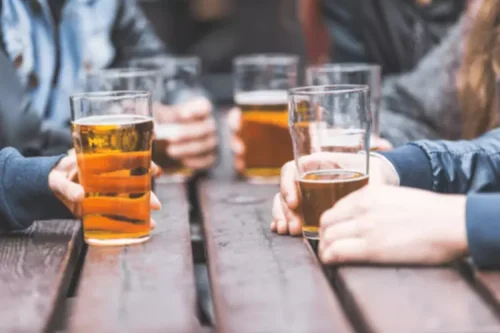

People who misuse alcohol can experience a range of symptoms if they abruptly stop drinking. These symptoms can range from mild nausea, headaches, to life threatening seizures. Other than that, salt also works as an emulsion stabilizer in water-in-oil emulsions, that is when water droplets are dispersed in the outer oil (or silicone) phase. And last but not least, when salt is right at the first spot of the ingredient list (and is not dissolved), the product is usually a body scrub where salt is the physical exfoliating agent. However, too much of it causes the phenomenon called “salting out”, and the surfactant solution goes runny again.
Alcoholism and Memory Loss
Alcohol-induced activation of the MEOS also contributes to alcoholic liver disease through other mechanisms. For example, alcohol breakdown by CYP2E1 generates several types of highly reactive oxygen-containing molecules called reactive oxygen species (ROS) (see figure 3). These ROS can damage liver cells by inactivating essential enzymes and altering the breakdown of fat molecules; higher ROS levels contribute to a condition called oxidative stress, which can cause liver cell damage. These ROS effects are exacerbated if the body’s normal defense systems against this damage— antioxidants, such as glutathione (GSH) and vitamin E (α-tocopherol)— also are impaired. Alcohol and its metabolism have been shown to reduce the levels of both GSH and vitamin E.

One important example is the vitamin A deficiency frequently found in patients with cirrhosis. Enhanced CYP2E1 activity in response to chronic alcohol consumption (or other factors) probably contributes to the development of alcoholic liver disease. Alcoholics commonly suffer from a type of liver disease called steatohepatitis, which is an inflammation of the liver with concurrent fat accumulation in the liver. Steatohepatitis also is frequently found in people with diabetes and excessive or morbid obesity, even if they are not alcoholics. Patients with diabetes or morbid obesity commonly have higher than normal levels of fatty acids and ketones. Possible approaches include nutritional supplementation to compensate for deficits in nutrients, as well as administration of antioxidants to counteract the alcohol-induced increase in oxidative stress and the resulting liver damage.
This article explores the relationships between a person’s alcohol consumption, nutritional status, and risk of alcoholic liver disease. The article then summarizes the general influence of a person’s nutrition on his or her liver function and explores the most important pathways of alcohol metabolism and their relationships with various nutritional factors. The article concludes by reviewing various current and emerging approaches in the nutritional management of alcoholic liver disease.
Another post on the topic: Glucophage



